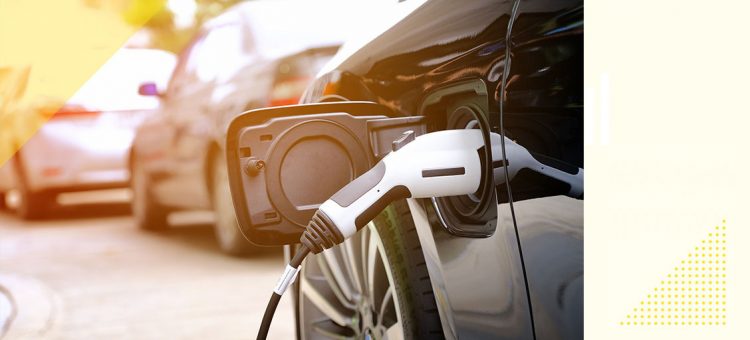Key findings:
- Price is the standout No. 1 when it comes to consumers’ top priorities when considering a car, but fuel efficiency is a close No.2; AI capabilities remain a low priority
- Trust in self driving vehicles is highest among Gen Zers, but the majority of U.S. adults generally distrust the technology
- Fuel savings and environment impact drive interest in electric vehicles, while lack of charging stations, price, and limited driving range are the leading concerns
- Despite the myriad number of electric vehicle options available, Tesla remains the distant leader in brand awareness and purchase intent among electric vehicle brands
- Online car dealerships such as Carvana and Vroom remain less popular destinations for used car shoppers as they continue to rely on dealer websites and more established players (CarMax, KBB, local pages)
Price and fuel efficiency are most important factors when considering a car, while AI capabilities remain a low priority
Nearly 2 in 3 (64%) car owners say price is the most important aspect of a car, followed by fuel efficiency (56%) and safety features (49%). More recent innovations such as upgraded audio and navigation systems (Carplay, Android Auto) and AI capabilities (self-driving) remain low priorities (24% and 9% respectively).
In an opening for newer brands, reputation also plays a smaller role: 1 in 3 (34%) value the brand of the car, while only 22% care about online reviews and ratings of the vehicle.
Trust in self driving vehicles is highest among Gen Zers, but the majority of U.S. adults generally distrust the technology
Most (63%) U.S. adults say they do not trust fully self-driving vehicles, with distrust more prevalent among older generations. Gen Zers are much more optimistic about the role of self-driving cars: more than 1 in 4 are comfortable with self-driving cars driving on highways and local streets (27%) and delivering packages (30%), while trust plummets for more human-involved tasks, such as serving as a rideshare (19%) or picking up children from school (14%).
Fuel savings and environment impact drive interest in electric vehicles, while lack of charging stations, price, and limited driving range are the leading concerns
Nearly half (47%) of U.S. adults express interest in owning an electric car, but less than one in three (31%) plan on purchasing one as their next vehicle. Saving money on fuel and reducing environmental impact are the most common reasons for wanting to own an electric vehicle (41% and 35%), while a lack of charging stations (56%), price (50%), and limited driving range (49%), are the primary concerns surrounding e-vehicle ownership.
More than one in three U.S. adults (35%) would only consider purchasing an electric vehicle priced lower than $25,000, highlighting the demand for affordable options.
Despite the myriad number of electric vehicle options available, Tesla remains the leader in brand awareness and purchase intent among electric vehicle brands
More than two in three (69%) U.S. adults are aware of Tesla, the only electric vehicle brand with greater than 50% brand awareness. The Chevrolet Bolt and Nissan Leaf follow (44% and 34% respectively). Purchase intent for non-Tesla brands pose limited competition for Tesla, with no other brand exceeding likelihood to purchase of 10%, compared with Tesla’s 38%.
Affordability drives demand for used cars, while unknown vehicle histories and high mileage are the leading concerns
The vast majority (71%) of used car owners cite affordability as their main reason for purchasing a used vehicle, followed by avoiding depreciation of owning a new vehicle (38%), and lower insurance costs (24%). Among owners of new cars, unknown vehicle history (54%), high mileage (40%), and a lack of warranty (33%) are the leading reasons not considering a used vehicle.
Online-only used car dealerships, such as Carvana or Vroom, still trail traditional platforms, such as dealer websites, local pages, KBB, and Carmax as sources for used car shopping.
Read more about our polling methodology here.




